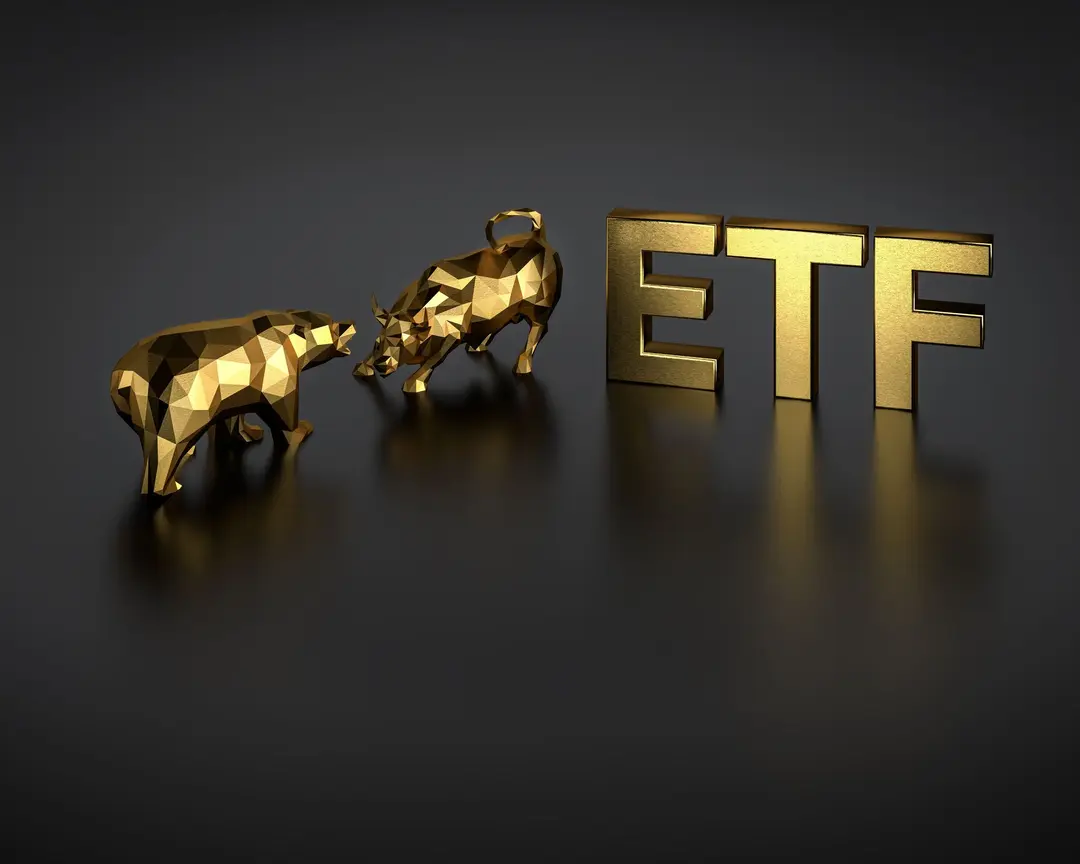An Exchanged-Traded Fund (ETF) is essentially a bundle of stocks traded under a single fund – similar in many ways to a mutual fund. Funds often track a specific index, like the S&P 500. They’re traded under a symbol like any other equity in exchanges.
The first ETF, the Standard & Poor’s Depositary Receipt (or SPDR – pronounced spider), was available as SPY starting in 1993. This eventually led to the creation of a variety of State Street ETFs commonly referred to as SPDR funds. SPY has a current market cap of roughly $372 billion.
How Are ETFs Different from Mutual Funds?
The inflows and outflows of mutual funds are actively managed, whereas ETFs are basic bundles of stocks in neutral (passively managed). Mutual fund fees are necessary to compensate the managers for all the work they do tweaking the fund’s portfolio to eke out performance improvements.
No active management means less buying and selling within ETFs, which is advantageous from a tax perspective. Every sale that results in a gain may result in capital gains taxes (depending on how long the stock was held and your personal tax situation). ETFs buy and sell stock as well, just less frequently than mutual funds (depending on the fund).
In 2020, the average index ETF expense ratio was 0.18 percent compared to 0.71 percent for actively managed mutual funds and 0.27 for passive mutual funds.
Investors should take management fees into account when comparing a mutual fund to a comparable ETF. Consider whether the increase in mutual fund performance outweighs the cost of added fees.
There are a handful of annual mutual fund fees that ETF investors don’t get charged. ETFs don’t have “12b-1 fees.” Those go toward things like marketing and selling shares and providing shareholder services. Those fees are capped at one percent of assets.
Mutual funds may also have account fees that are only charged if certain investment thresholds aren’t met. Purchasing mutual fund shares may also have “load fees” which are essentially commissions for the broker who sells the shares. Those can be considerable (approximately five percent on average but can be no higher than 8.5 percent).
ETFs still have expenses, but the costs are deducted from the net assets of the fund itself rather than being charged to individual investors.
Buying and selling shares of an ETF is indistinguishable from purchasing a single equity share from an investor’s perspective, whereas mutual funds can only be bought or sold at the end of the trading day based on the net asset value (NAV).
The restrictions on when you can buy or sell mutual funds means they are inherently less liquid than traditional equities or ETFs.
Mutual funds may also have specific investor requirements, like minimum investment values, whereas ETFs don’t. Again, this is similar to traditional common share stocks that can be bought by any investor with the capital to do so.
ETFs are also more transparent from an investor’s standpoint. Mutual fund management is an internal matter. They are only required to disclose their holdings on a quarterly basis. ETF holdings are disclosed daily.
The lack of active management may also be viewed by some investors as a downside. ETFs will essentially mirror the performance of its index or the equities it holds. Mutual fund managers actively adjust the portfolio based on market conditions to maximize growth for investors. However, that doesn’t mean mutual funds will always beat out the market and comparable ETFs.
In either case, investors should always thoroughly research the fund prior to purchase. Researching an ETF, especially index funds, might be easier since its performance should reliably mirror the index, whereas mutual fund performance may be more heavily influenced by the managers and their historical record of success.
The potential disadvantages of an ETF are not dissimilar to those inherent in any index. Sector- or geographic-specific index ETFs aren’t diversified, so volatility or poor performance of the index can potentially result in losses. And they are subject to the same market volatility as any other index or the market more broadly.
Are Mutual Fund Fees Going Down?
Competition from ETFs has motivated some mutual funds to lower fees, but it varies based on the managing company and the fund. Recent Investment Company Institute research has shown a decline in expense ratios for long-term mutual funds in recent years (roughly by half in the past two and a half decades).
Should You Buy Mutual Funds or ETFs?
The answer depends on your risk tolerance, your assets and retirement savings, your existing or preferred investment strategy and a host of other potential factors. Every investor is different, and it’s important to consider the variables before making any investment decisions.
That’s why many retirement savers in the Phoenix area turn to retirement planners and financial planners for assistance. The team at Fullerton Financial Planning is always ready to answer your questions and help you develop an advantageous investment strategy. Call us at (623) 974-0300 to learn more.






